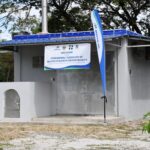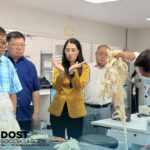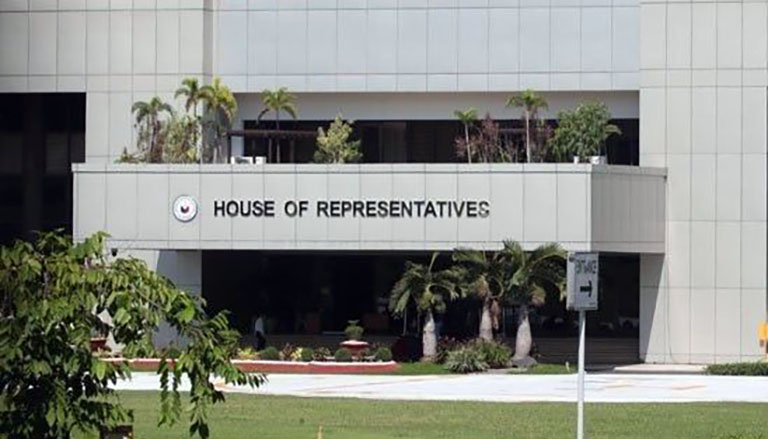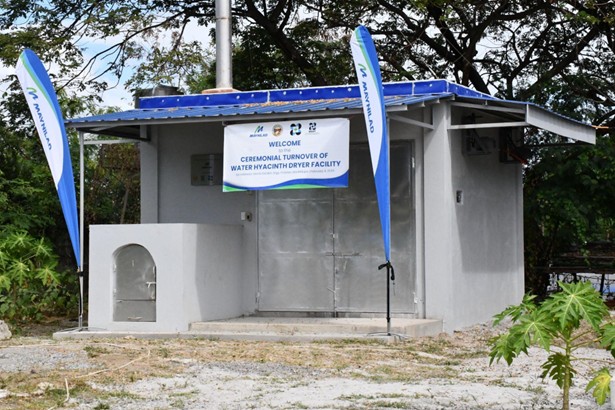Cagayan de Oro City 2nd District Rep. Rufus Rodriguez, who chairs the House Committee on Constitutional Amendments, said Monday the constitutional restrictions on foreign ownership are the “root causes” of the reluctance of foreign companies to make investments in the Philippines.
Rodriguez issued the statement in response to a position paper published by the University of the Philippines School of Economics (UPSE) professors who claimed that lifting foreign ownership restrictions would cause “greater uncertainty” for foreign investors due to the “legislative flexibility” in the proposed constitutional amendments.
The UP economists said instead of proposing economic amendments to the charter, lawmakers should attend to more important factors that affect foreign direct investments (FDIs), including infrastructure, connectivity, corruption and rule of law.
Rodriguez, however, argued that economic constitutional amendment proposals and other factors affecting investments are not mutually exclusive and could be addressed together.
“I do not agree that the other ingredients for attracting investments are more important than removing foreign equity restrictions in the charter. These limitations are the root cause of the reluctance of foreign businesses to invest in our country,” he said.
He called the group of UP economists anti-development, anti-employment and anti-poor for trying to block economic charter reforms that would bring in more FDIs, which would accelerate the country’s economic development and create more job and income opportunities for Filipinos.
He also noted that former economic managers belonging to the Foundation for Economic Freedom (FEF) have supported Congress’ proposed amendments to the economic provisions of the 1987 Constitution.
The FEF includes former finance secretary Gary Teves, former economic planning secretary Gerardo Sicat, and former Bangko Sentral ng Pilipinas (BSP) governor Felipe Medalla.
“FEF leaders have the interest of the nation at heart. They firmly believe, as we do, that lifting foreign equity restrictions would bring in foreign direct investments, which in turn will create more job and income opportunities for our people,” Rodriguez said.
Rodriguez cited the FEF’s rejoinder to the UP economists’ position paper, arguing that amending the restrictive economic provisions of the charter would address the uncertainties of foreign investors.
The FEF said the uncertainty in the country’s economic policy framework stems from the contradiction between the restrictive provisions in the constitution and the attempts to mitigate them through legislation.
“We firmly believe that RBH (Resolution of Both Houses) 7 and its counterpart RBH 6 in the Senate will provide certainty to the country’s economic policy direction by giving our legislators the flexibility to create legislation that is responsive to global and domestic economic realities, for the benefit of the Filipino people,” the FEF said.
The FEF said enacted legislation can be rendered moot through a Supreme Court challenge on the grounds of constitutionality, citing the recent amendments to the Public Service Act as an example wherein its constitutionality has been questioned before the high court.
“Existing and potential investors in the telecommunication and transportation sector must await the resolution on these challenges to be certain of the actual policy of the Philippines. If the Supreme Court decides to rule that this law is unconstitutional, this will greatly damage the image of the Philippines with foreign investors,” the FEF said.
“In summary, it is easy to find fault with proposed solutions to problems, while being completely comfortable with doing the exact same thing that created the problems in the first place. After 100 years of solitude from FDI, we believe it’s about time we try solving the problem,” it added.
In March, the House approved in the final reading RBH 7, which aims to amend specific economic constitutional provisions related to public utilities, education, and advertising.
The proposed changes under RBH7 are on the grant of legislative franchises to and ownership (60-40) of public utilities in Article Xll, ownership of basic educational facilities (60-40) in Article XlV, and ownership of advertising firms (70-30) in Article XVl.
The suggested principal amendments are the insertion of the phrase, “unless otherwise provided by law,” which would empower Congress to lift or relax present economic restrictions in the nation’s basic law, and the addition of the qualifier “basic” in Article XIV.
The Senate will continue with RBH 6 deliberations when Congress resumes sessions on April 29. (With PNA)
















